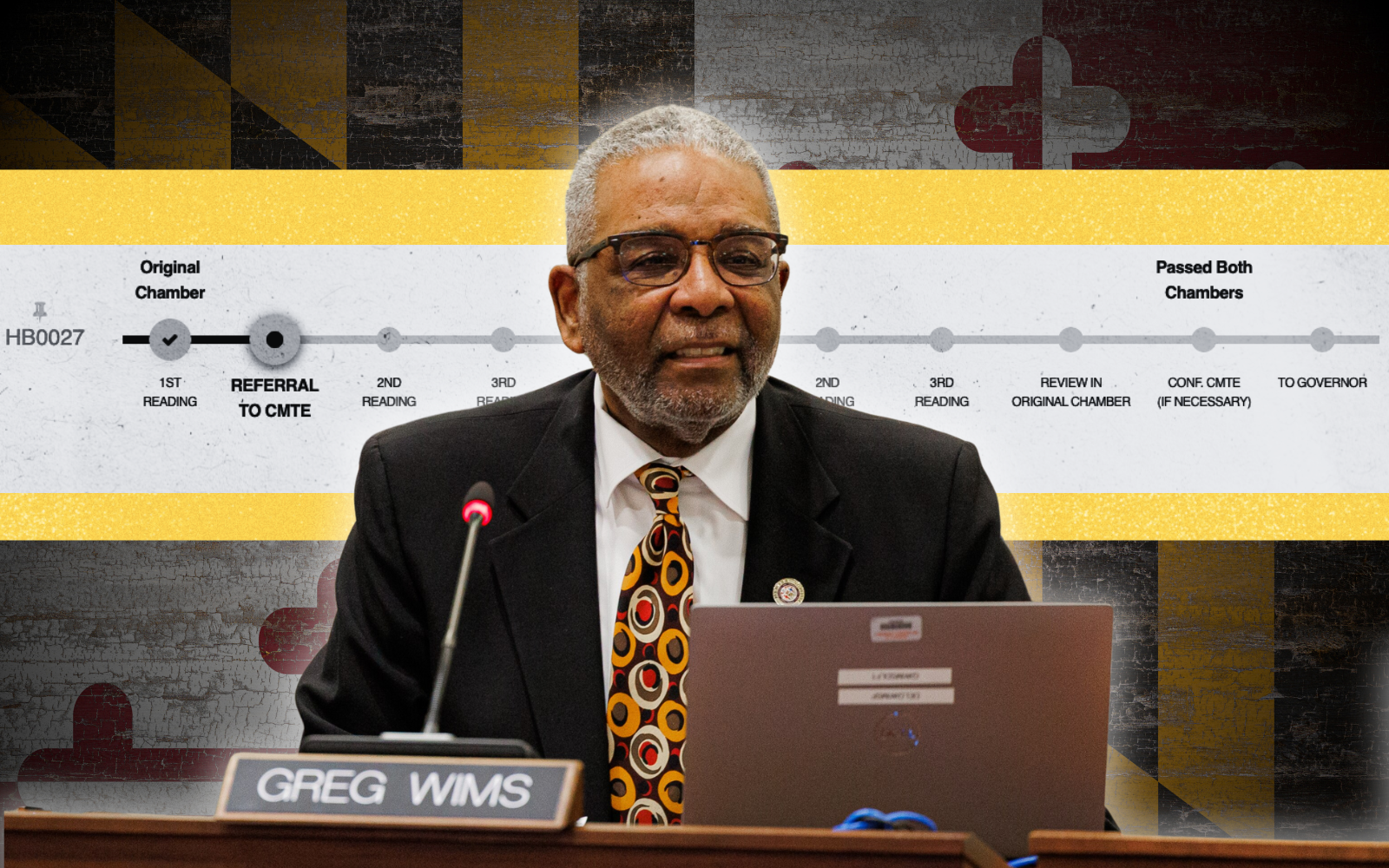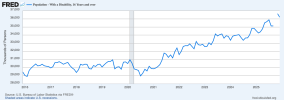Tucson private pilot Michael Hotto has won a years-long battle with the FAA after being grounded over “post-COVID neurocognitive deficits.”
More than two years ago, the FAA denied his medical certificate following lingering symptoms from multiple COVID infections, including subtle coordination changes, memory difficulties, and loss of taste and smell.
Required to report his condition, Hotto underwent an eight-hour, $2,000 cognitive exam that found his scores largely normal, yet the FAA still denied his certificate and requested a follow-up evaluation.
After initially fighting the request, he paid over $5,000 to retake the exam, receiving favorable results. The FAA ultimately declared him eligible for a third-class medical certificate.
The process cost him over $10,000 and required rebuilding flight proficiency. While acknowledging the FAA’s safety role, Hotto said his case shows why some pilots fear reporting medical conditions.







